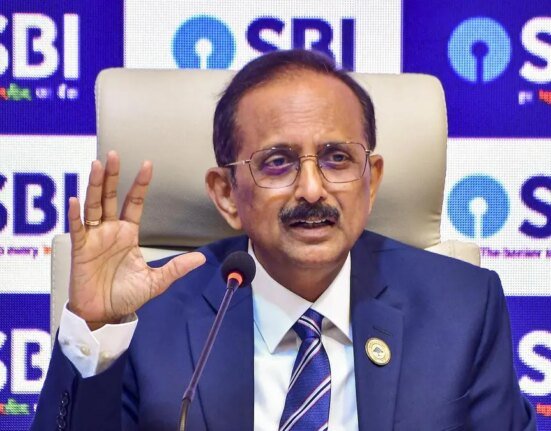In today’s vox pop-style interviews taped at RE+, North America’s biggest trade show for the solar, energy storage and wider clean energy industries, we hear from EPC firm Burns & McDonnell that the lead-up to the election has been characterised by uncertainty.
EPC Burns & McDonnell: Uncertainty around tariffs, cybersecurity among main concerns
Ben Echeverria, Burns & McDonnell, energy storage regulations and compliance
Engineering, procurement and construction (EPC) firm works across a broad range of traditional, renewable and low-carbon energy projects for its clients, including more than 3GWh of BESS construction projects.
Its roles include serving as owner’s engineer and consulting on project planning and decision-making, from technologies to permitting.
Ben Echeverria is Burns & McDonnell’s lead for regulations and compliance in its energy storage division, and in addition to contributing occasional comments for news articles on Energy-Storage.news, has co-authored articles, including a piece on the industry’s growing demand for more energy-dense battery projects for our journal PV Tech Power (Vol. 37).
“There’s a general uncertainty in the market as far as if the red (Republican party) wins or the blue (Democrat party) wins,” Echeverria says.
The developers Burns & McDonnell works with are trying to capitalise on potential opportunities or marginalise the risks for their projects, which are sometimes two to four years from construction. That sensitivity is most acute when it comes to costs, Echeverria says.
From the EPC perspective, it makes sense to double down on the areas where rules on workforce (wages, apprenticeships) and Inflation Reduction Act (IRA) incentives are locked in, but of course, no one can predict the future with 100% accuracy.
“Generally, what this election uncertainty has done to the market is just put everybody on pause. Nobody’s pushed ‘stop,’ but everybody’s just in a holding pattern to see if, again, some additional language [around regulation] comes out,” he says.
With the IRA and Bipartisan Infrastructure Law a key legacy of the Biden-Harris administration, some sources have speculated that Republicans, or more accurately, Trump and his loyalists, may seek to repeal some of the clean energy legislation and tax incentives the incumbent administration implemented.
“Nobody really knows” what the legal ramifications could be if the Republicans win and try and do that, Echeverria says, whether they could tear down some, or even all, of the frameworks that have accelerated the deployment of storage, solar and wind.
“I think that’s probably what’s generating the most uncertainty in the market,” he says.
Josh Cartwright, Burns & McDonnell, energy storage technology lead
Echeverria’s colleague Josh Cartwright helps customers make technology-based decisions for their projects. He says concerns about regulatory changes extend further to other areas, including cybersecurity laws and possible hikes in tariffs on imported batteries, even further from the 7.5% to 25% increase in 2026 that Biden has already committed to.
“In general, we try to inform. We’re not trying to steer their decision one way or another, and nobody has a crystal ball,” Cartwright says,
“The political environment is increasingly more protectionist, and so there’s more concern, I think, from both sides of the aisle, particularly on the cybersecurity portion. When I talk with clients, that’s one of the main things that I bring up, just making sure that whatever technology they’re selecting, whatever supplier they’re working with, that they have the flexibility to maintain control of that product and that they can identify what the supply chain is and what the sources are,” he says.
“Then they’re flexible for whichever direction the rules go because even with the investment tax credit (ITC) rules that are being rolled out, people aren’t sure how those are going to be enforced.”
Cartwright’s role also includes talking to BESS suppliers, many of which are concerned with the different thresholds of the tax credit and what incentives will be applicable to their products and solutions.
For example, some suppliers are seeking to manufacture everything from the cell up to the complete system within the US. Others are taking cells made in China and assembling systems in the US, using domestically made battery management system (BMS) equipment.
The choices are becoming a little clearer with each piece of guidance that emerges from the US Treasury and IRS, Cartwright says, but it’s still an uncertain space.
“The questions that are open are narrowing, but there are still questions there.”







